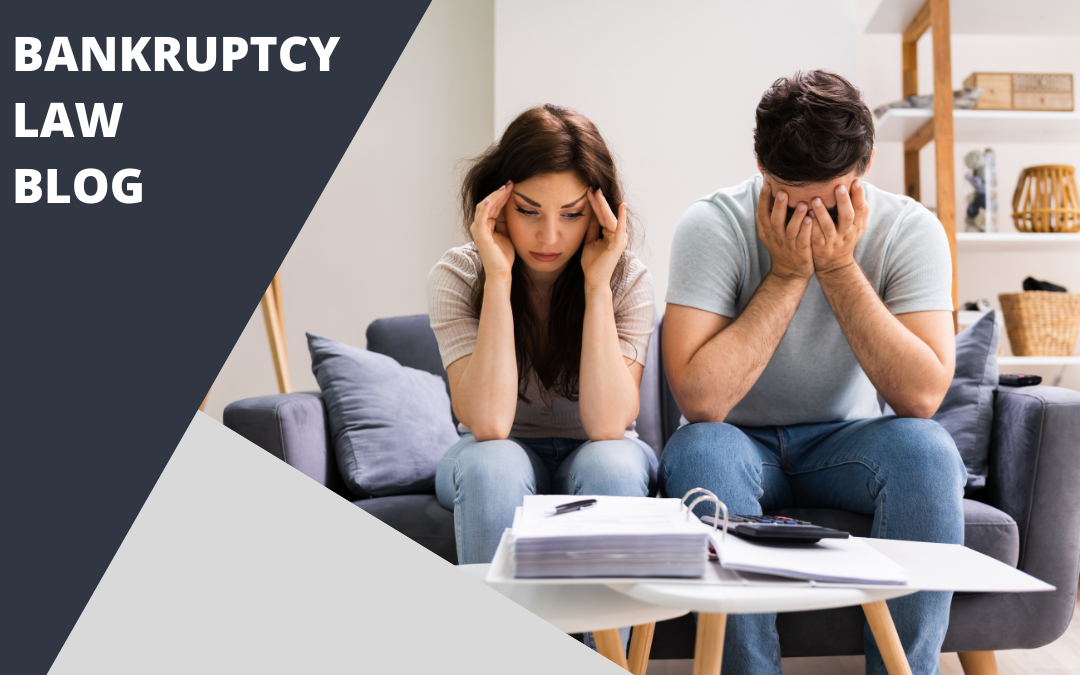
Frequently Asked Questions (FAQs) About Bankruptcy
What is bankruptcy and when should I consider filing?
Bankruptcy is a legal process available to individuals and businesses struggling with overwhelming debt. Filing for bankruptcy provides relief from creditor demands and offers a fresh financial start. Consider bankruptcy if:
Your debts exceed your income and assets, making repayment impossible.
Collection actions, such as wage garnishment or lawsuits, cause undue hardship.
Negotiations with creditors haven’t yielded reasonable repayment options.
Remember, bankruptcy is a serious decision with long-term consequences. Consulting a licensed insolvency trustee or bankruptcy attorney is crucial before filing.
What debts can be discharged in bankruptcy?
Most unsecured debts, like credit card debt or personal loans, are dischargeable in bankruptcy. However, secured debts like mortgages and car loans remain your responsibility even after filing. Student loans and child support obligations are also generally non-dischargeable.
What are the different types of bankruptcy in Canada?
Canada offers two main types of bankruptcy: consumer proposals and bankruptcy orders. Consumer proposals involve negotiating a repayment plan with creditors, while bankruptcy orders liquidate your non-exempt assets to pay off debts. Choosing the right type depends on your financial situation and goals.
What assets are exempt from seizure in bankruptcy?
Canadian law protects certain assets from seizure in bankruptcy proceedings. These exemptions vary by province but typically include:
- Basic household goods and furniture
- Personal clothing and effects
- Reasonable tools of the trade
- Registered retirement savings plans (RRSPs) and Tax-Free Savings Accounts (TFSAs) up to specific limits
Consult an insolvency trustee to understand the specific exemptions applicable to your situation.
What are the consequences of filing for bankruptcy?
Bankruptcy has several consequences, including:
- Credit score impact: Your credit score will take a significant hit and may take several years to rebuild.
- Employment restrictions: Certain professions may have restrictions on hiring individuals with recent bankruptcies.
- Travel restrictions: You may require court permission to travel outside Canada within a specific period.
Consider these consequences carefully before filing.
How long does it take to get discharged from bankruptcy?
The discharge period for consumer proposals usually takes 9-12 months, while bankruptcy orders typically last 6-12 months. However, these timelines can vary depending on your individual circumstances.
Can I file for bankruptcy again if I've already done so?
You can file for bankruptcy again, but there are waiting periods:
- 7 years after being discharged from a previous bankruptcy order.
- 5 years after successfully completing a consumer proposal.
Repeated filings may raise red flags for creditors and make obtaining credit more challenging.
What are the alternatives to bankruptcy?
Before resorting to bankruptcy, explore alternative solutions like:
- Debt consolidation loans: Combining multiple debts into a single loan with potentially lower interest rates.
- Credit counseling: Seeking professional guidance to develop a debt repayment plan and negotiate with creditors.
- Consumer proposals: Offering creditors a lump sum payment in exchange for settling your debts for less.
Seek financial advice to determine the best course of action for your specific situation.
What should I do before filing for bankruptcy?
Before filing, gather essential documents like:
- Proof of income and expenses
- Tax returns
- Credit reports
- List of creditors and debts owed
- Bank statements
Organize your financial records and consult with a qualified insolvency trustee or attorney to understand the bankruptcy process and its implications.
Remember, bankruptcy is a complex legal procedure. This information is for general knowledge only and should not be construed as legal advice. Always consult with a licensed professional for personalized guidance regarding your specific bankruptcy situation.
These articles are for general informational purposes only and are not legal advice. Contact us today to discuss your specific situation.
